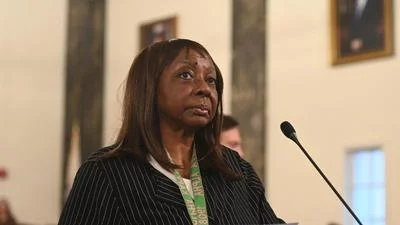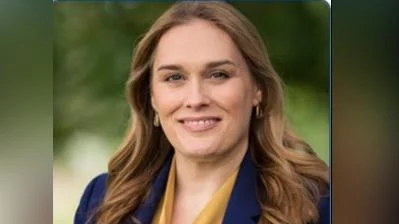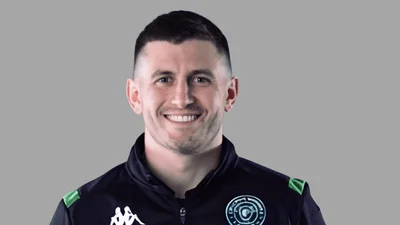The Chicago Police Union believes that two exonerated criminals bringing civil actions against the city are guilty of their crimes and is asking Mayor Lori Lightfoot not to settle the cases, but fight them in public trials.
In a May 29 letter to Lightfoot, FOP spokesman Martin Preib cites the cases of Stanley Wrice, sentenced to 100 years for the rape and burning of Karen Byron, and of Nevest Coleman, convicted in 1994 of raping and murdering Antwinica Bridgeman in the basement of his home. He was sentenced to life plus 30 years. Both were later exonerated and released from prison: Wrice in 2013 claiming his confession was coerced; Coleman in 2017 after his DNA did not match that found on Bridgeman’s clothing.
But Preib said that both the police and prosecutors believe the two are guilty, as are others bringing civil cases against the city.

Martin Preib, Chicago FOP
“Our lodge has worked extensively to uncover what we believe are false exonerations of criminals for heinous crimes, many of which are now pending in federal courts as lawsuits against the city,” Preib wrote in the letter to Lightfoot. “The city needs to send a signal to the legal community that it will no longer pay out on such outrageous crimes.”
In the Wrice case, Preib cites a judge in 2014 rejecting Wrice’s petition for a Certificate of Innocence – finding his claims in the face of overwhelming evidence “absurd.”
He also cites a deposition of a woman in Wrice’s civil case who testified that starting when she was 14, Write “regularly beat and raped her. She claimed her first three children were the result of rapes by Wrice.”
In the Coleman case, Preib told Chicago City Wire that the “DNA could have gotten on there in a myriad of ways. Detectives and prosecutor are still certain he was guilty. So are witnesses. We want it to go to trial.”
Most news reports hailed Coleman’s exoneration, and his return to his old job with the White Sox. But a May 2018 ESPN investigative story into the case that quoted the former prosecutor, Brian Castor, supporting detective in the case Kenneth Boudreau, and a biomedical forensics expert raised questions regarding Coleman’s exoneration.
Robin Cotton, the director of the Biomedical Forensic Sciences Program at Boston University, told ESPN that a DNA sample matching someone besides Coleman and Fulton [Derrell Fulton, another convicted in the crime] doesn't automatically prove their innocence.
"Regardless of what they might think, the question is what they can prove," Cotton said. "DNA is really good at saying, 'This DNA came from this person.' But how it got there and when it got there is not something you can get from the molecule. And that makes a difference."
Boudreau, now retired, told ESPN that he’s been targeted in civil actions because of his connection to other high-profile cases. But he said none of the claims against him have ever gone to a trial. The city has instead settled the suits.
He conceded that the new DNA evidence could warrant a further investigation, but said that it doesn’t prove Coleman's innocence.
"There's factual innocence, and there's actual innocence," Boudreau told ESPN. "Factual innocence is 'factually I can't prove you're guilty.' Actual innocence is where you are actually innocent. And there's nobody here that's been actually innocent.”
For his part, Brian Sexton said he doesn’t’ think they got the wrong guy.
“I believed then, as I do now, we had the right guy," he told ESPN. "Do I think he's guilty? Yes I do.”
Preib said that working with the mayor’s office on these cases would be the start to a positive relationship with the new mayor, but he has yet to receive a response to his letter. The mayor’s office did not respond to a request from Chicago City Wire to comment on the letter.
The Wrice case is scheduled for trial on Aug. 5. The Coleman case is still in discovery.






 Alerts Sign-up
Alerts Sign-up